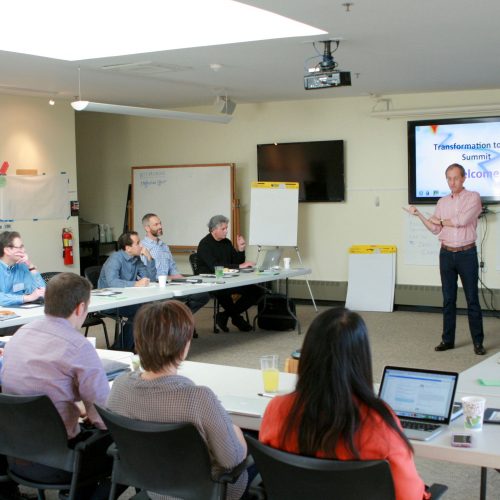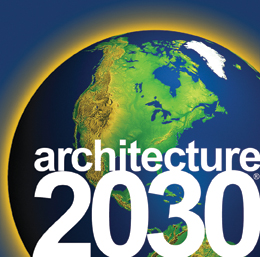New Buildings Institute
Partner

We’re transcending institutional boundaries to transform the buildings sector to net-zero carbon by 2050.

The Transforming to Zero Collaborative is a coalition between RMI, New Buildings Institute (NBI), and Architecture 2030 to develop a comprehensive strategic plan for transforming the building sector to net-zero carbon emissions by 2050.

Over the past 20 years, the green building movement has made great progress in promoting sustainable buildings. However, a quantum leap is needed to reduce the building sector’s carbon emissions. Work by RMI, NBI, Architecture 2030, and other advocates have proven that net-zero carbon buildings are technically and economically feasible to design, build, and operate. Yet to transform new construction and our existing building stock requires a comprehensive and yet-to-be-defined path forward.

RMI, NBI, and Architecture 2030 see a need to align their organizations’ current activities in building efficiency and carbon reductions. We are starting by holding annual Transformation to Zero Summits—convening these and other crucial market actors to identify critical gaps, resulting in a new strategic operations and/or new partners to help achieve this vision. The desired outcome is a strategic plan that can be operationalized to bring about a zero-carbon built environment by 2050 while expanding private and philanthropic investments necessary to achieve this goal.

During the 2016 Transformation to Zero Summit, we convened more than 20 top decision makers in the buildings and philanthropic industries to set the groundwork for a strategic master plan.

New Buildings Institute
Partner

Architecture 2030
Partner
Transformation to Zero Summit Preliminary Report-Out, 2016

We are seeking bold industry and philanthropic partners dedicated to transforming the built environment to zero net carbon.